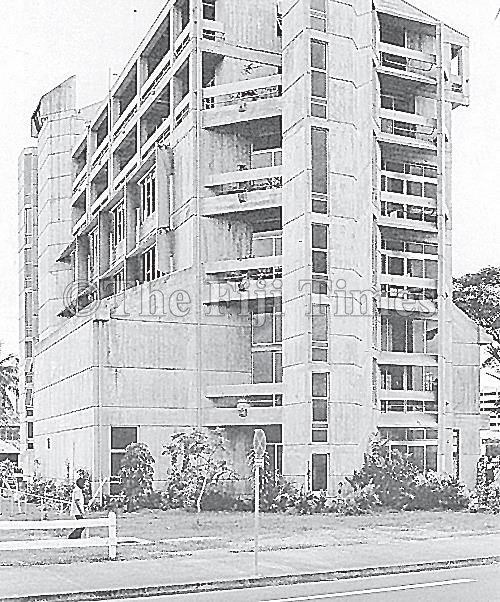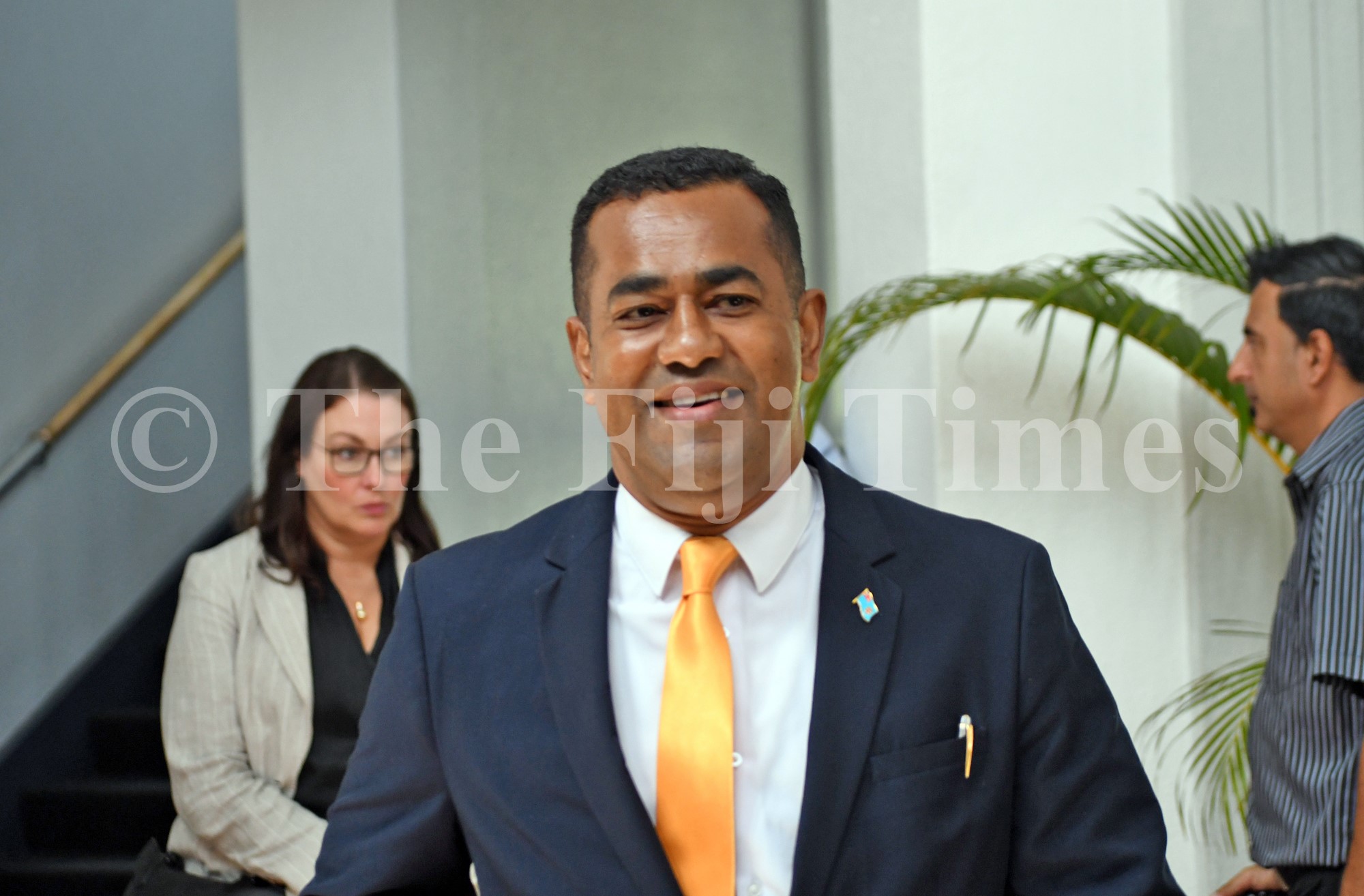IN 1960, a group of 60 concerned women met the Lord Mayor of Suva, Charles Stinson, at the Fiji Broadcasting Commission in Suva.
Among them was a group of influential women headed by Lady Maddocks, the wife of Sir Kenneth Maddocks, who was the Governor of Fiji between 1958 and 1963.
The important meeting was held in an effort to revive the Young Women’s Christian Association (YMCA), which had gone defunct in 1928, after only seven years of operation. Lack of racial unity was blamed for Suva YWCA’s closure in 1928, some nine decades ago.
“If anything is to be successful in this colony today, it must encompass the various races….it must have the support of the business community and the people,” The Fiji Times of October 18, 1960 quoted Mr Stinson as saying.
“Besides this, it must have behind it dedicated people who want to see all the races live together in harmony.”
Mr Stinson said the Suva City Council wanted to see the YWCA flourish in Fiji.
“We can remember before the war when dances were held at the Grand Pacific Hotel, grand balls were almost all Europeans. Today we can look at them with pride, for they are truly mixed.”
A few local women were vocal at the meeting and strongly pushed for its re-establishment in Fiji and the need to set up a YWCA hostel. Vulase Veikoso, who spent five months at the YWCA hostel in NZ, described her stay there as “pleasant”.
“I think it would be wonderful to have someone come here to help us start with such a hostel,” Ms Veikoso said.
Mrs R. N. Deoki stressed that it was difficult for girls from “out of town” to find good accommodation and a YWCA hostel could fill this need.
In late 1960, Nawela Hostel, was the only successfully run girls’ hostel at the time.
Today, Nawela hostel is part of the Fiji Museum’s administration block.
YWCA played a supporting role in the country’s independence struggle and the fight against nuclear testing in Mururoa, French Polynesia.
It was vocal against the country’s first coup in 1987, its general secretary, Amelia Rokotuivuna being influential in campaigns that led to Timoci Bavadra’s election win.
The YWCA, otherwise called “the Y”, was formed in England in 1855.





